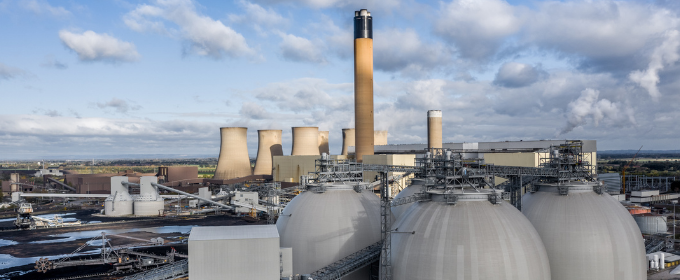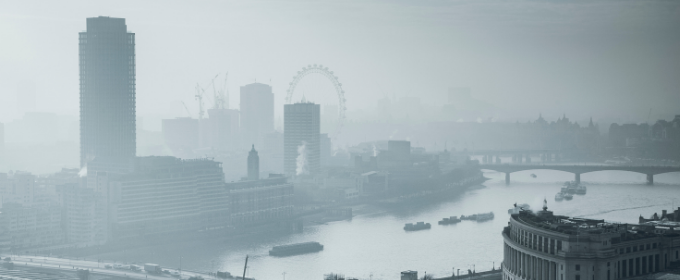Air pollution is the biggest environmental threat to health in the UK, thought to cause between 28,000 and 36,000 deaths a year. It has also been linked with the development and worsening of coronary heart disease, stroke, respiratory disease and lung cancer, exacerbates asthma and hay fever, and worsens the outcomes of respiratory infections such […]









